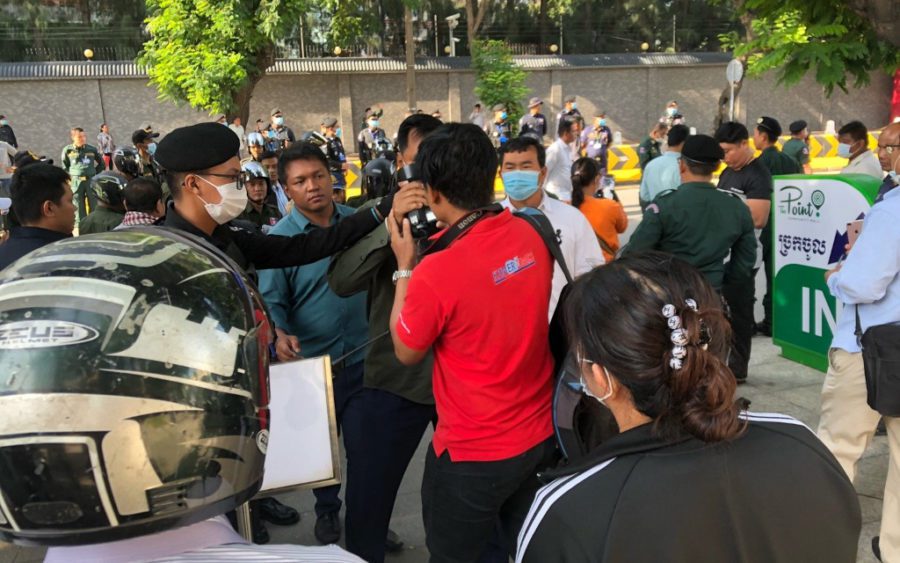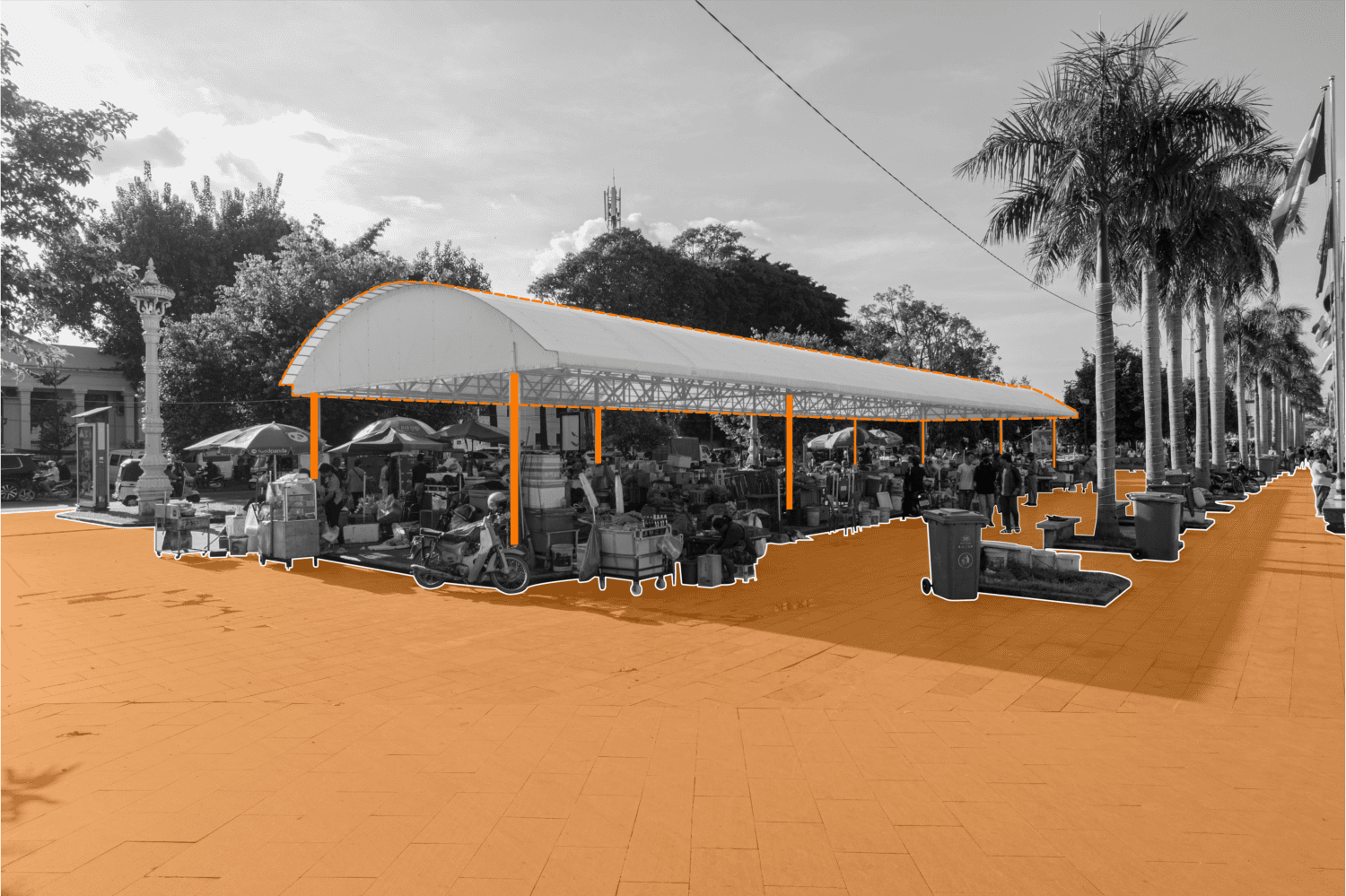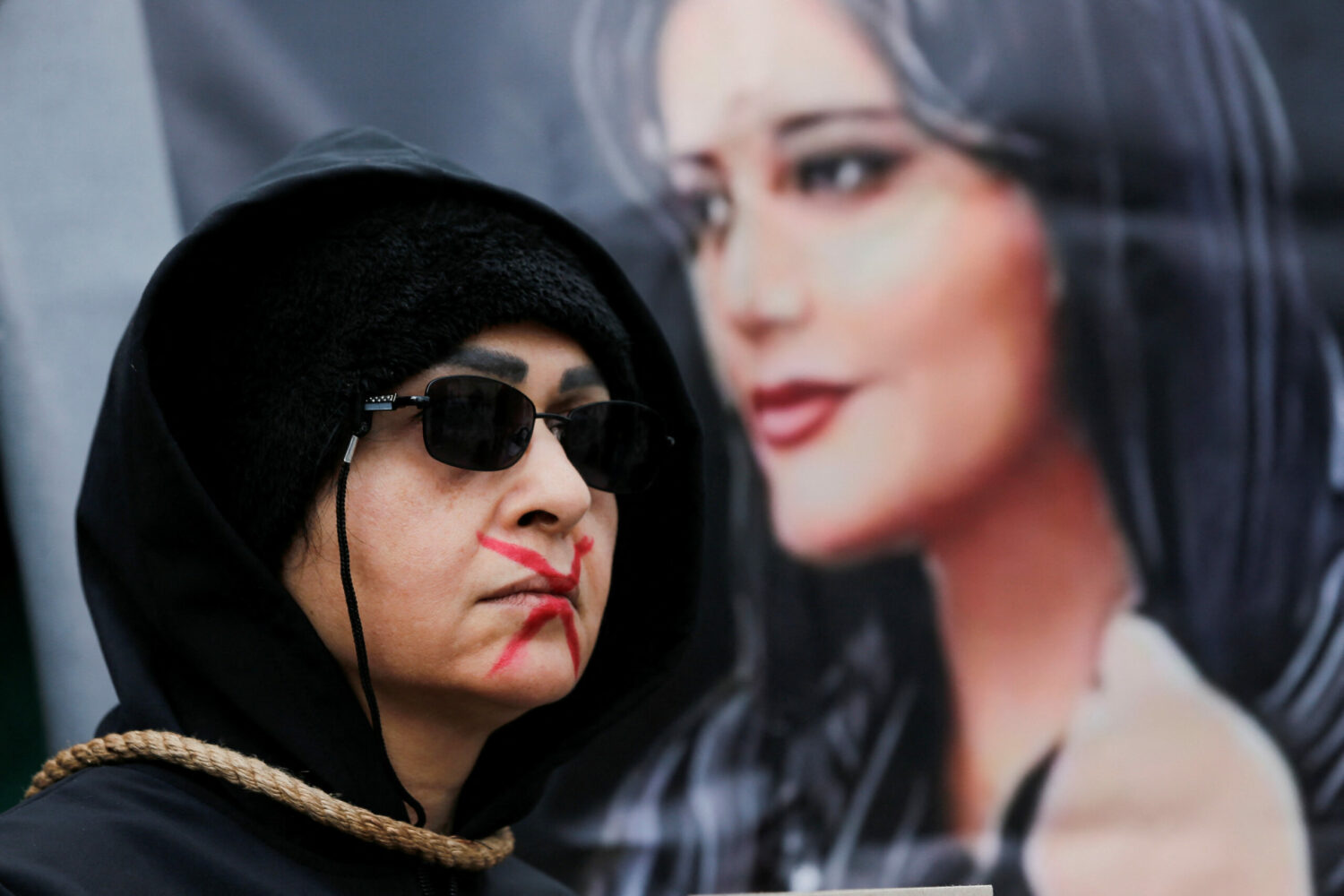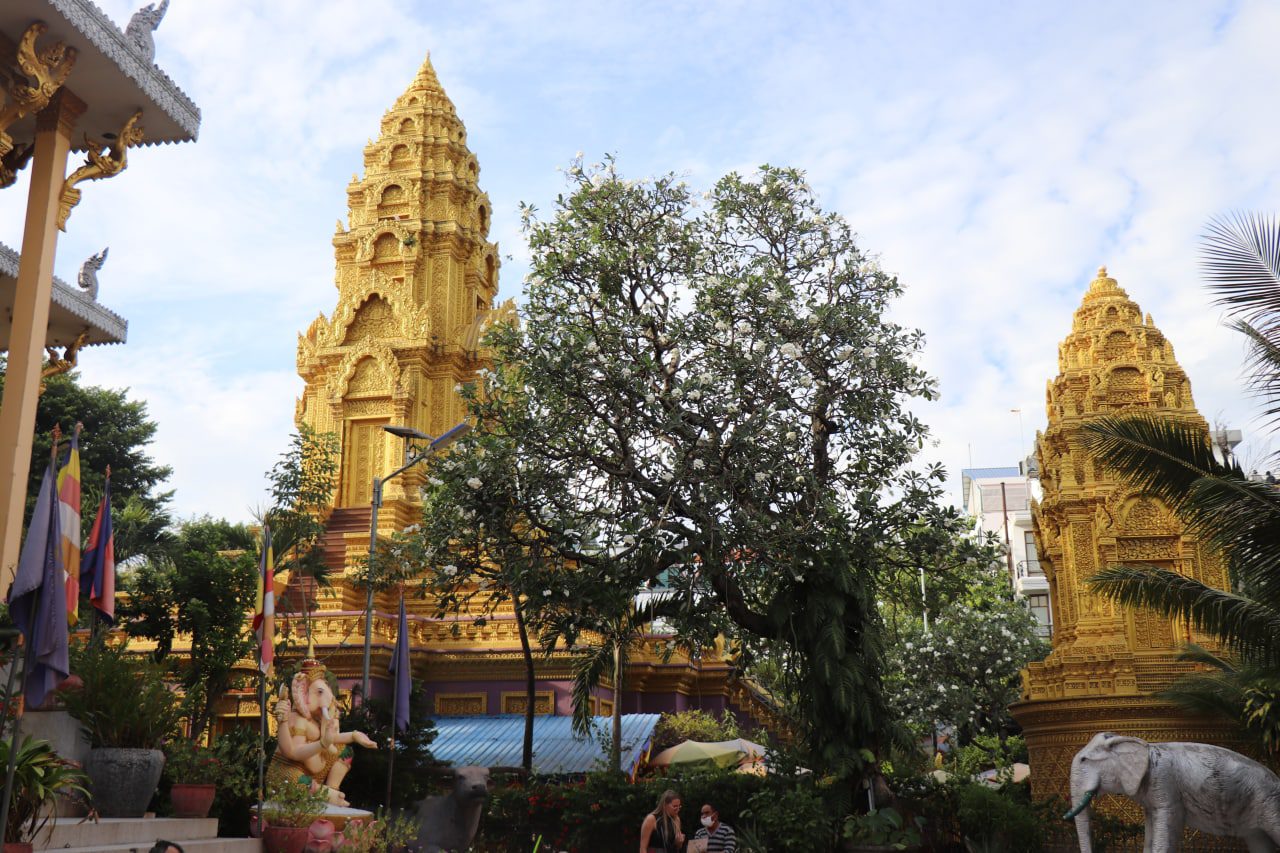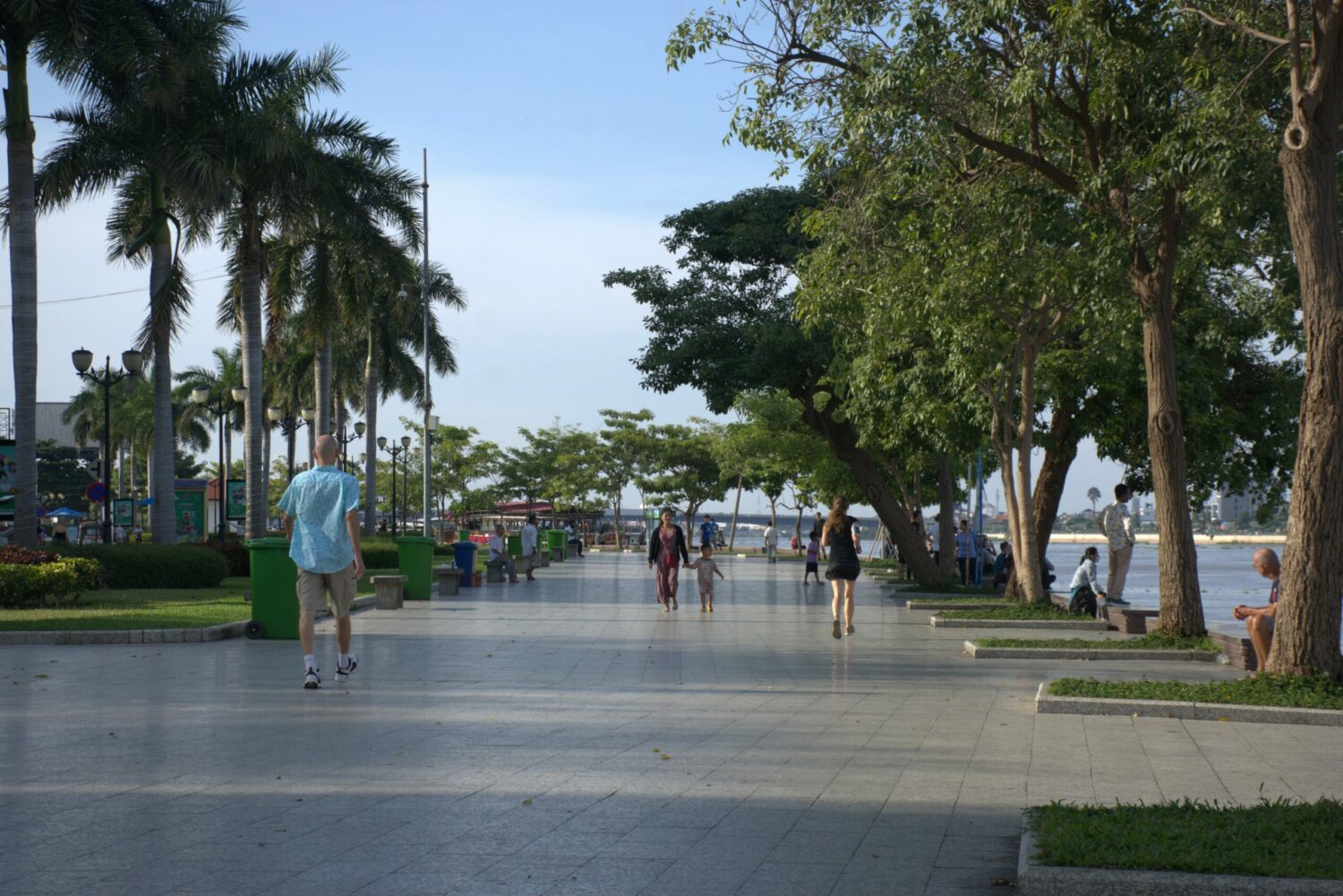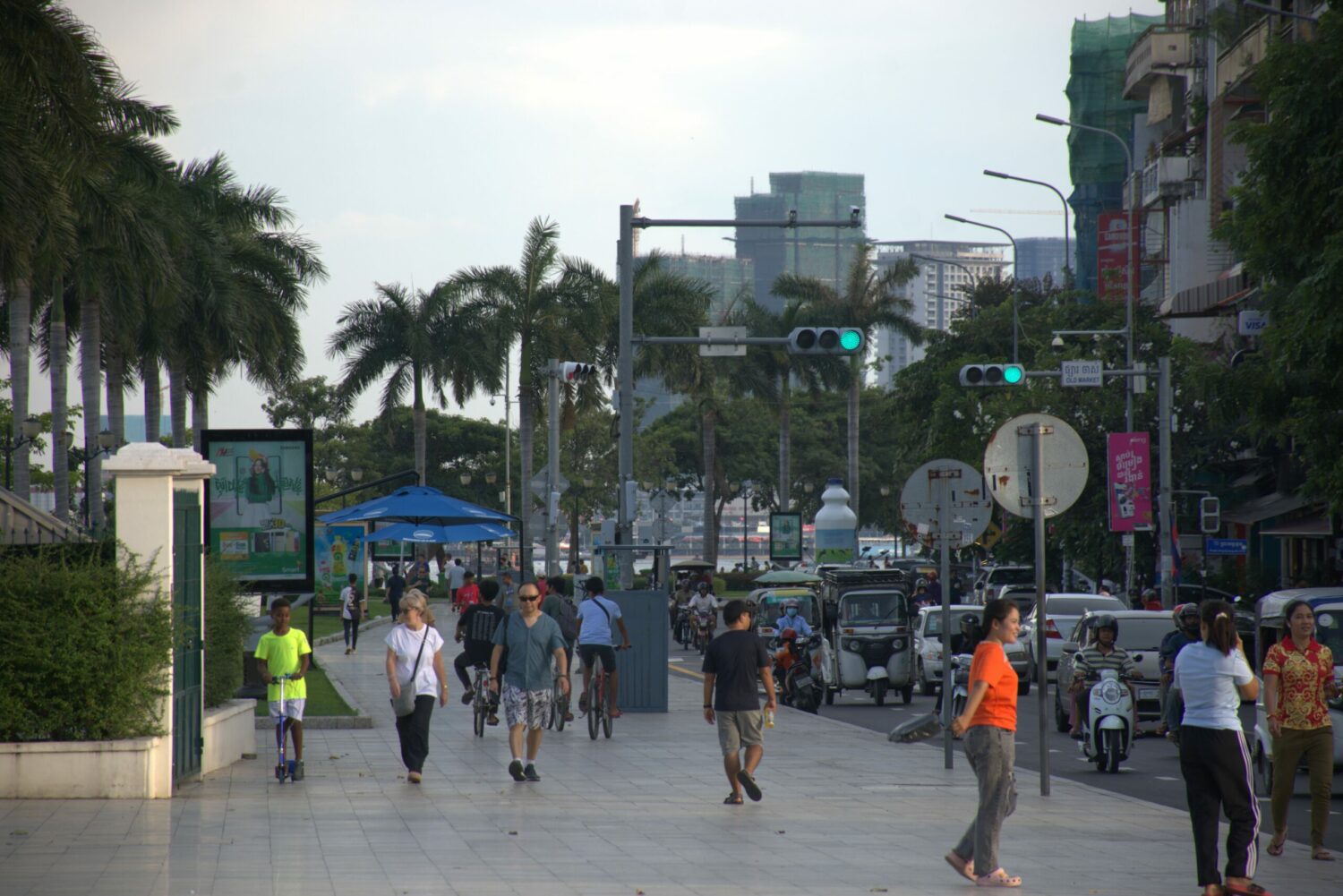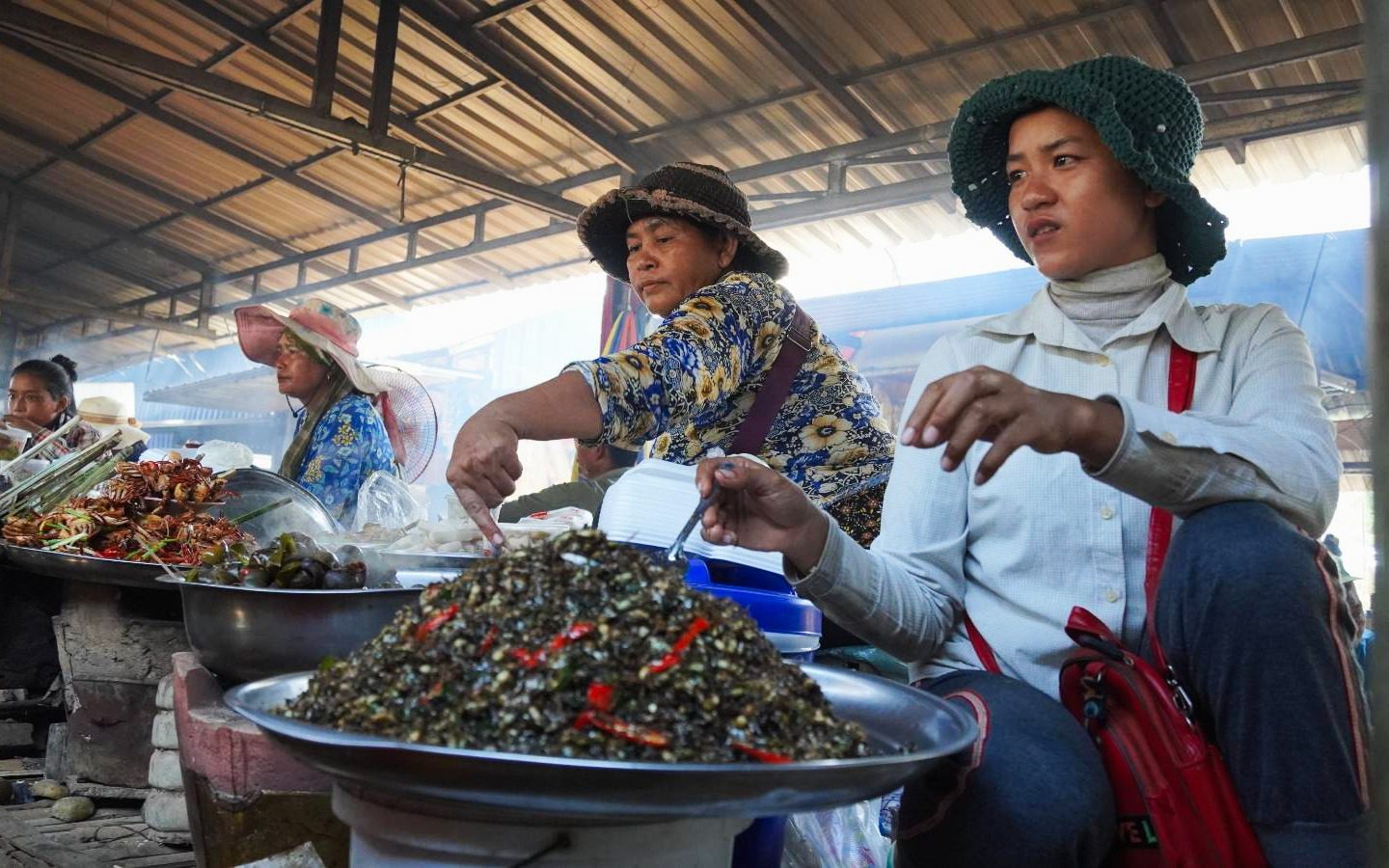 Matt Surrusco is a journalist in Phnom Penh who edits at VOD and New Naratif. He is a former associate editor at The Cambodia Daily.
Matt Surrusco is a journalist in Phnom Penh who edits at VOD and New Naratif. He is a former associate editor at The Cambodia Daily.
Two pairs of journalists were caught up in court cases in 2017 that have so far failed to produce any evidence to convict them of crimes.
Reporters for the Cambodia Daily were charged for incitement that year for asking villagers about voting habits in the run-up to the 2017 commune elections. In a separate case, two Radio Free Asia journalists were arrested and charged with spying for a foreign nation.
Both trials are still pending, with the first pair of journalists now working abroad and the latter two released on bail but not allowed to leave Cambodia.
In another incident, at least nine journalists and photographers covering a morning of protests in Phnom Penh were harassed by security officers, with many told they could not take photos of demonstrators and police as authorities arrested three protesters, pulled banners from others’ hands and carried one away from the scene. I filmed authorities taking one photojournalist’s camera off his neck.
This incident happened just over a week ago, 10 days before International Day to End Impunity for Crimes Against Journalists, which is marked on Monday.
The journalists working on October 23 were Cambodians and foreigners, staff reporters and freelancers. The officials were in uniform and plain clothes, including police, district security guards and even a deputy Phnom Penh governor.
My hope is that the authorities’ recent refusal to allow journalists to freely do our jobs — to document citizens’ and authorities’ actions, and record events as they happen, in the public interest — was an anomaly rather than a sign of a worsening situation to come for journalists working in Cambodia.
I hope authorities will proactively investigate and prosecute crimes committed against journalists, in the last week, months, years and decades, rather than perpetrate crimes against us.
Harassing, intimidating and threatening Cambodian journalists has become so normalized that some colleagues who faced pressure on October 23 merely shrugged it off as no big deal, or even part of the job. While harassment and other crimes against journalists have become normalized, reporters, news consumers and government officials alike should not consider these actions normal.
When police officers tell journalists that we cannot take photos or film in a public place — and offer no reason why when asked — we must say this is not normal. When a man in plain clothes tells a reporter he must hand over his phone — and shoves him when the reporter does not comply — we must say this is not how things should be. In fact, this is a crime.
And when Cambodian journalists ask their editor not to include their own names in the byline at the top of a sensitive news story that they reported — as regularly happens because many local reporters fear potential reprisals following publication — we must say that the press in Cambodia is far from fully free.
While government leaders in the U.S., Cambodia and elsewhere rail against “fake news,” they too often fail to defend and protect the professionals whose main function — reporting the truth — is society’s best hope of combating the spread of false information. Some politicians go so far as to wrongly call journalists their enemies.
According to U.N. secretary-general Antonio Guterres, “Without journalists able to do their jobs in safety, we face the prospect of a world of confusion and disinformation.”
Some 1,200 journalists have been killed globally since 2006 for reporting news and bringing information to the public. But the killers go unpunished in 9 in 10 cases, according to the U.N.
At least nine journalists have been killed in Cambodia since 1994 in the course of their work, the most recent murder occuring in 2008, according to the Committee to Protect Journalists. Others have died under questionable circumstances.
“Impunity leads to more killings and is often a symptom of worsening conflict and the breakdown of law and judicial systems,” the U.N. adds.
“These figures do not include the many more journalists, who on a daily basis suffer from non-fatal attacks, including torture, enforced disappearances, arbitrary detention, intimidation and harassment in both conflict and non-conflict situations.”
When asked about press freedom and the freedom to report in Cambodia, officials regularly say journalists have these freedoms — as long as their work does not inhibit authorities or violate the law. They ask for specific examples of infringements of press freedom and journalists’ rights, knowing well that cases are well documented dating back years.
On this International Day to End Impunity for Crimes against Journalists, let’s be real. We cannot end impunity for crimes against journalists if we cannot even call actions by some authorities against journalists what they are: crimes that warrant serious, fair investigation, and if evidence and wrongdoing is clear, prosecution under the law.


